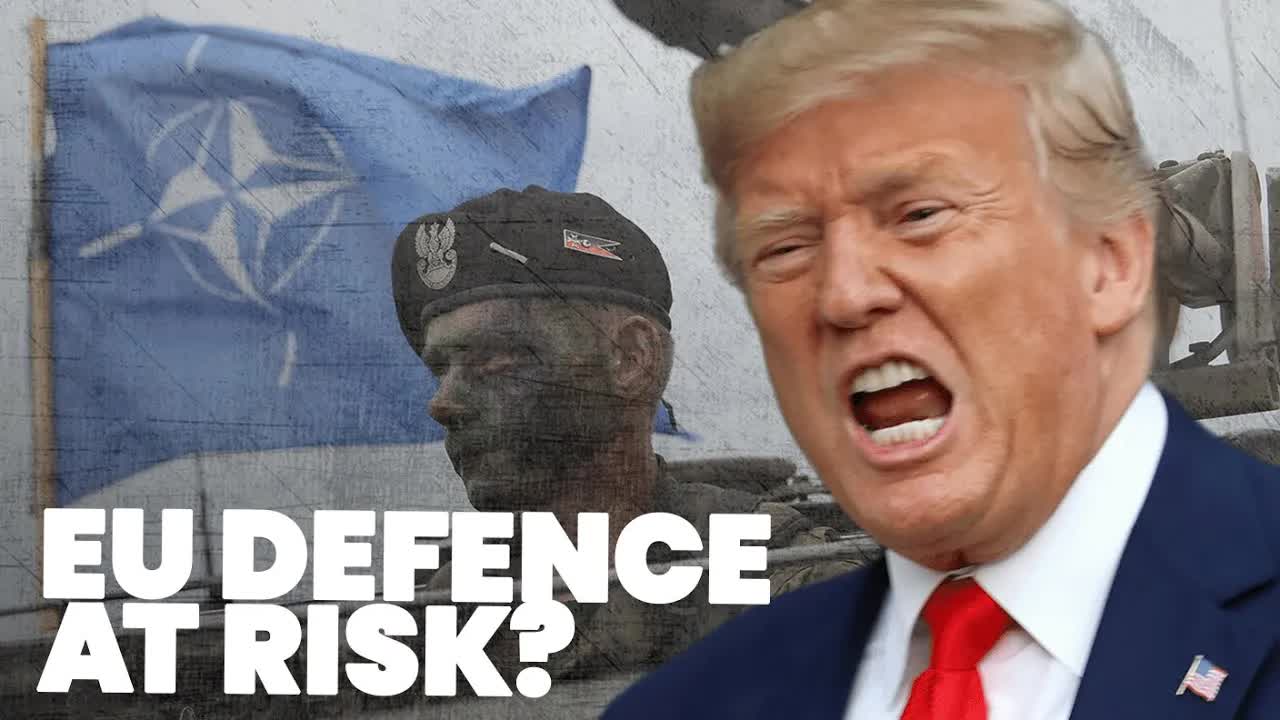The landscape of European defense is evolving, and discussions about cooperation between the UK and the EU are at the forefront.
A recent dialogue highlighted the complexities of building a cohesive European defense industry while maintaining strong ties with NATO, the cornerstone of transatlantic security.
The conversation underscored the importance of collaboration, not just for military interoperability but also for fostering a robust defense manufacturing base.
One of the key points raised was the stark contrast in defense capabilities between the US and Europe.
While the US operates a single main battle tank model, Europe boasts a staggering 17 different types.
This disparity raises questions about efficiency and the potential for a unified European defense strategy.
The challenge lies not only in improving interoperability among these systems but also in developing a genuine European defense industry that can stand on its own.
The British government recognizes the necessity of participating in these discussions, as they aim to leverage the strengths of the UK defense industry within the broader framework of the EU.
Strengthening these ties is seen as mutually beneficial, allowing both parties to enhance their defense capabilities while ensuring that Britain remains an integral player in European security matters.
However, there are concerns about the implications of this collaboration.
Some fear that closer military ties with the EU could undermine the foundational role of NATO, which has safeguarded freedom and security for over seven decades.
The emphasis here is clear: while cooperation with the EU is valuable, NATO remains the primary defense pact that both countries rely upon.
Germany’s perspective aligns closely with this sentiment.
For German policymakers, bolstering the transatlantic relationship and reinforcing NATO is paramount.
Yet, they also acknowledge the pressing need to enhance European defense capacities, particularly in light of expectations from the US for Europe to take greater responsibility for its own security.
The upcoming discussions between the UK and the EU Commission are set to focus on initiatives like the European Defense Initiative, which aims to boost industrial capacity and joint investment.
This cooperative approach could pave the way for stronger ties without necessitating the UK’s re-entry into the EU, a scenario that many deem unrealistic at this juncture.
As defense spending remains a hot topic, both countries face scrutiny regarding their financial commitments.
There is a growing consensus that while they may be increasing expenditures, it still falls short of what is necessary.
Eastern European nations, along with the US, have voiced concerns that current levels are inadequate to meet the challenges posed by geopolitical tensions.
The conversation also touched on the efficiency of defense spending in Europe.
With multiple models of military equipment in use, there is a pressing need to streamline processes and make better use of available resources.
The goal is not merely to spend more but to spend smarter, pooling capacities and developing projects collaboratively to maximize impact.
Looking ahead, the prospect of a second Trump presidency looms large over these discussions.
However, experts caution that regardless of the political landscape in the US, NATO’s strength hinges on America’s unwavering commitment to its allies.
The consensus is that any efforts made in Europe cannot replace the essential support provided by the US.
Germany’s recent increase in defense spending, albeit belatedly reaching the 2% GDP target, reflects a commitment to enhancing military capabilities.
Yet, the question remains whether this will suffice to convince the US and other NATO allies of Europe’s dedication to collective security.
Amidst economic pressures, including the fallout from the shift away from Russian energy and decreased demand from China, Germany must find a way to maintain its competitive edge.
Reports suggest that investing in modern technologies will be crucial for sustaining its position as an industrial powerhouse in Europe.
As the dialogue continues, the need for collaboration between the UK and EU in defense matters becomes increasingly apparent.
Both sides recognize that navigating these challenges requires a delicate balance—strengthening ties while ensuring that NATO remains the bedrock of their security framework.
The stakes are high, and the path forward demands careful consideration and strategic planning.































